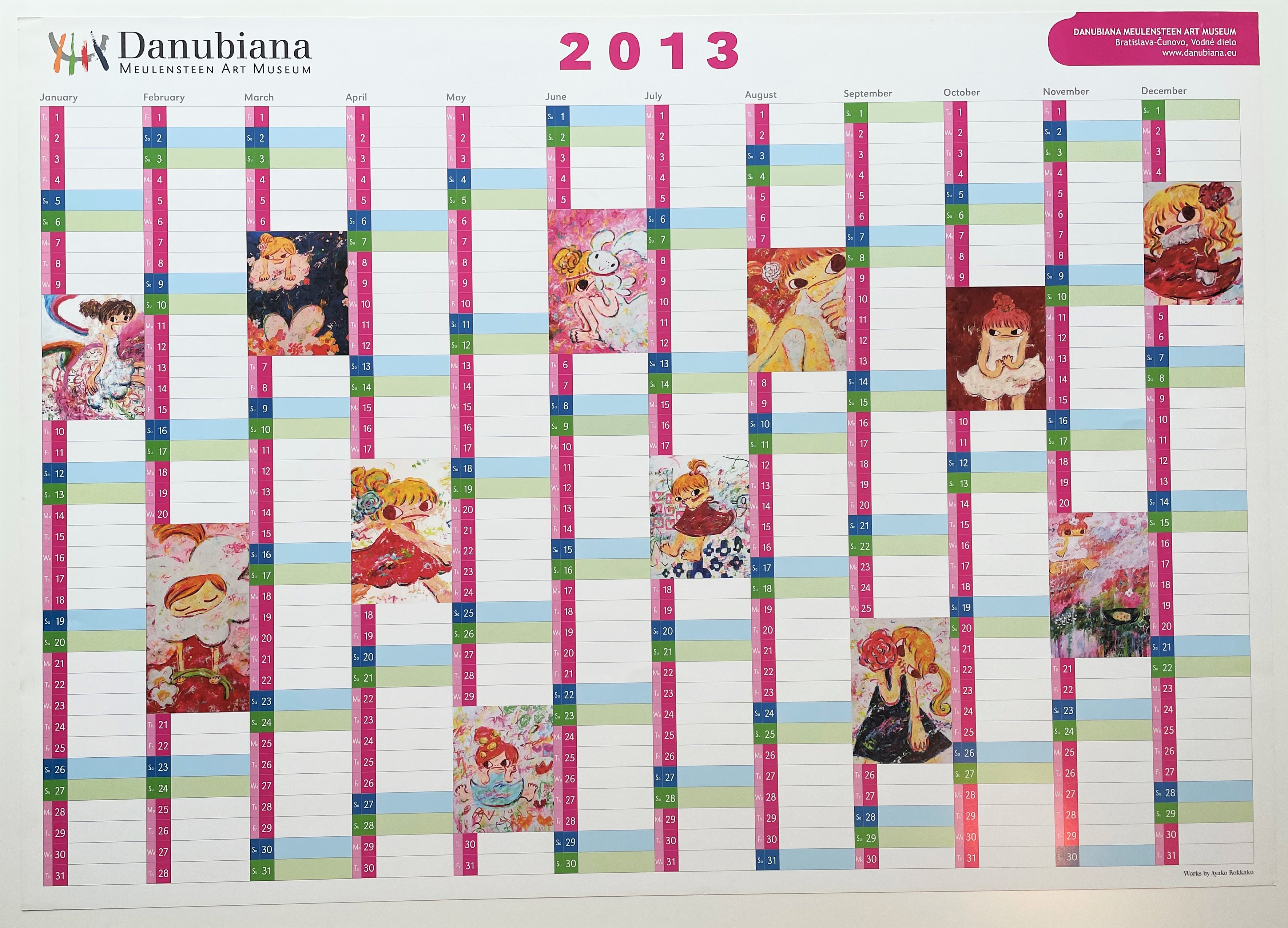ロッカクアヤコ ポスター
(税込) 送料込み
商品の説明
ロッカクアヤコさん中国での個展の作品ポスターになります。
日本未発表になります。
ポスター箱に入れて発送致します。
72cm×54cm
ポスターを丸めて保管しておりますので曲がりのくせなどはございますが額装などする際には問題ないかと思います。完全美品をお求めの方、神経質な方はご購入をお控えください。
#ロッカクアヤコ
#ポスター商品の情報
| カテゴリー | インテリア・住まい・小物 > その他 |
|---|---|
| 商品の状態 | 新品、未使用 |

ロッカクアヤコ 展覧会ポスター | tradexautomotive.com

人気SALE新作登場 魔法の手 ロッカクアヤコ作品展 ポスターの通販 by

ロッカクアヤコ 魔法の手 展示会ポスター 限定1000枚 千葉県立美術館

ロッカクアヤコ 魔法の手 展覧会 ポスター | tradexautomotive.com

ロッカクアヤコ サイン入りポスター 見事な創造力 142386円 stockshoes.co

ヤフオク! - 新品未開封 ロッカクアヤコ 魔法の手 ポスター 千葉県立美...

ロッカクアヤコ 魔法の手 ポスター ED1000-

4月19日~抽選受付】ロッカクアヤコ サイン入りポスター

魔法の手 ロッカクアヤコ作品展ポスター ① お気に入りの 23956円引き

ヤフオク! - ロッカクアヤコ 直筆サイン入りポスター 限定100枚

ロッカクアヤコ 魔法の手 展覧会 ポスター | tradexautomotive.com

正規 人気の贈り物が ロッカクアヤコ作品展ポスター- ロッカクアヤコ

ロッカクアヤコ ポスター | tradexautomotive.com

ロッカクアヤコ ポスター バンダナ セット

抽選:2022年4月21日(木)11時59分まで】ロッカクアヤコ サイン入り

おトク情報がいっぱい! ロッカクアヤコ 魔法の手 展覧会ポスター

超激安 ロッカクアヤコ ポスター 中国 龍美術館限定品 ed2000 版画

ヤフオク! - 新品未使用 ロッカクアヤコ ポスター 1000部限定 魔法...

ロッカクアヤコ展】1000部限定ポスターほか〜ミュージアムグッズ展開に

ロッカクアヤコ作品【赤い服を着た女の子】の買取・査定はミライカ美術

ロッカクアヤコ展】1000部限定ポスターほか〜ミュージアムグッズ展開に

感謝価格】 ロッカクアヤコ「魔法の手 ロッカクアヤコ作品展ポスター

特価ブランド 「魔法の手 ロッカクアヤコ作品展」展覧会オフィシャル

ロッカクアヤコ ポスター 中国 龍美術館限定品 ed2000

ロッカクアヤコの個展限定ポスターを額装しました。 - ノイズキング

2022新作モデル 海外美術館 ロッカクアヤコ 公式告知ポスター 六角彩子

プライベート・セール》ロッカクアヤコ カラフルな画面から可愛らしさ

ロッカクアヤコ 魔法の手 展示会ポスター 限定1000枚-vonxconsulting.com

ロッカクアヤコの「CLOSE TO YOUR TREASURE」アート&ポスターを販売

最安値】 ロッカクアヤコ ポスター 魔法の手 ロッカクアヤコ作品展

Amazon.co.jp: ロッカクアヤコ 魔法の手 ポスター KUER : スポーツ

ロッカクアヤコ展】1000部限定ポスターほか〜ミュージアムグッズ展開に

人気メーカー・ブランド Close 日本未発売ポスター ロッカクアヤコ To

ロッカクアヤコ CLOSE TO YOUR TREASURE 上海 会場 限定 2000枚 国内未

専用筒あり 美術館購入 ロッカクアヤコ ポスター 中国 龍美術館限定品

正規品人気 ロッカクアヤコ ポスター 訳ありの通販 by zoo shop

貴重 専用筒有り ロッカクアヤコ ポスター 中国 龍美術館限定品 上海

結婚祝い ロッカクアヤコ 直筆サイン入りポスター その他

ネット限定】 Tide イデタツヒロ 直筆サイン a1 ポスター 検〕ロッカク

当店限定販売】 ロッカクアヤコ 魔法の手展 ポスター その他 - www



商品の情報
メルカリ安心への取り組み
お金は事務局に支払われ、評価後に振り込まれます
出品者
スピード発送
この出品者は平均24時間以内に発送しています














